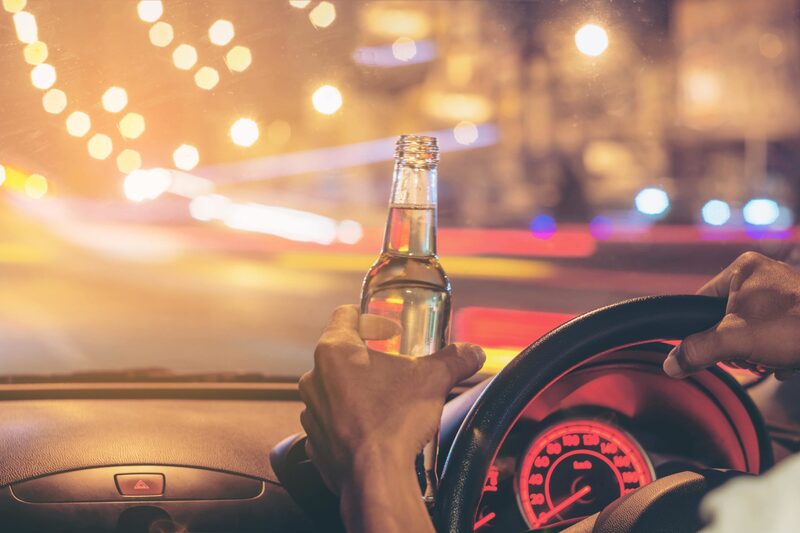
Colorado’s laws prohibit a person from driving under the influence of alcohol and/or drugs. If the driver’s blood alcohol concentration was .08 or more, they could be charged with a DUI.
Drinking in a car is generally not allowed in most states, as it is against the law to have any open container of alcohol in the passenger area of the vehicle. It’s important to note that the passenger area includes any part of the car where a passenger is legally allowed to ride, so even if someone could fit in the trunk, it’s still illegal to have an open container of alcohol there.
If their BAC was between .05 and .08, they are presumed to be driving while ability impaired. That means the amount of an intoxicating substance in their system was enough to make it difficult for them to safely operate a vehicle.
The state’s DUI laws apply to the driver. If a passenger has a BAC level of .05 or higher, they might not be charged with driving under the influence, unless an officer had a reason to believe that they had operated the vehicle at some point.
Driving under the influence and driving while ability impaired laws do not make it illegal for a passenger to drink alcohol in a car.
However, that doesn’t mean it is lawful for them to engage in such behavior. Colorado has other statutes in place that prohibit alcohol consumption in a vehicle even if it isn’t the driver doing the drinking.
Open Container Laws
Under CRS 42-4-1305, every person in a vehicle is prohibited from having an open container of alcohol. This law applies to passengers and drivers.
It is a violation to have a bottle that has any amount of alcohol by volume in the passenger area of the car. If a passenger drinks alcohol in the vehicle, they commit a traffic infraction and are subject to a fine of $50.
An open container is one in which the seal is broken or any amount of liquid has been removed. If it is open, it cannot be in any area accessible to the driver or passengers, including:
- Glove compartments (even if it is locked)
- Center consoles
- Beneath seats
- Door compartments
- Seatback pockets
Any alcoholic beverage, including beer, wine, hard seltzers, spirits, must be kept in the trunk or area behind the last seat of a vehicle that doesn’t have a trunk.
Minor in Possession of Alcohol
CRS 18-13-122 also prohibits a passenger from drinking alcohol in a vehicle, but this law applies to more than just consuming a beverage in a car; it concerns the possession and consumption of alcohol by a person 21 years of age or younger.
If a minor is drinking beer, liquor, or other beverage while being transported in a vehicle, they could be charged with a petty offense (as well as having an open container), and face a fine of up to $100.
For Aggressive Defense, Contact Gerash Steiner & Blanton, P.C.
Facing a criminal charge could be stressful and frightening, as the process and outcomes may be unfamiliar, and, should your case go to trial, a lot is riding on the verdict. Our attorneys are here to provide effective counsel and answer your questions about the charges, potential consequences, and your legal options.
Discuss your case with our team today. Call us now!

